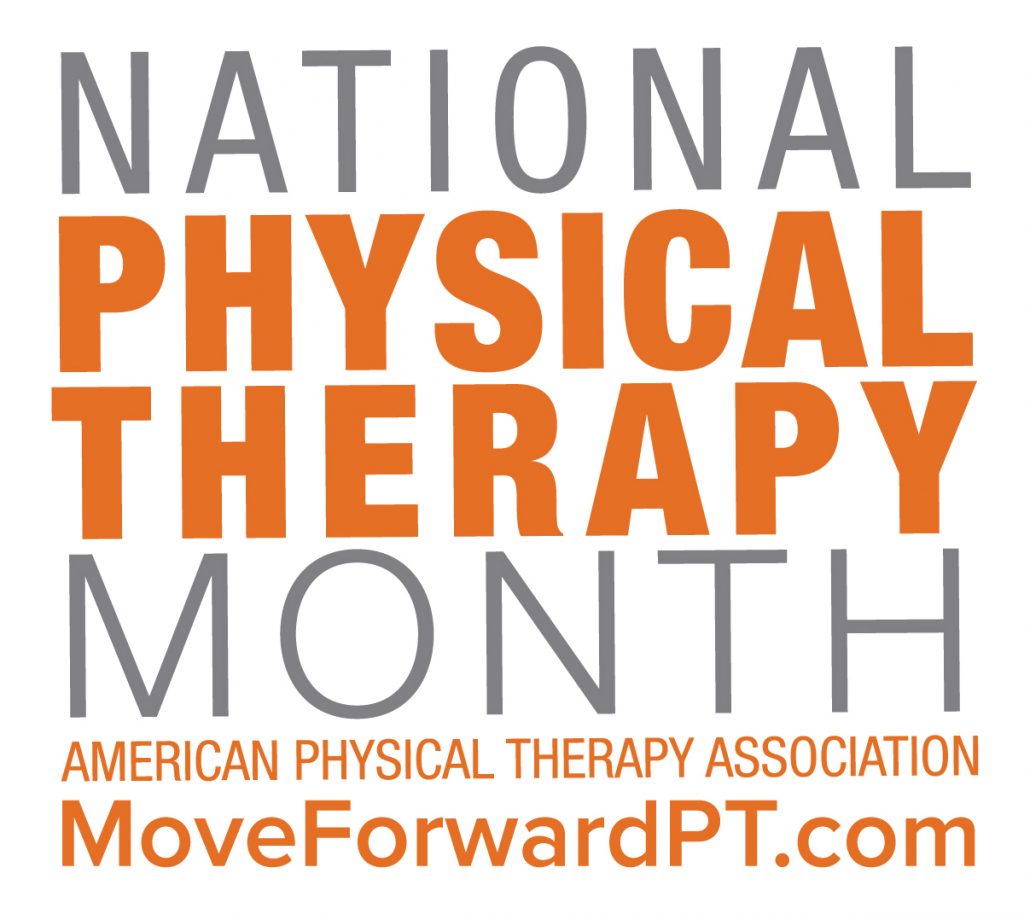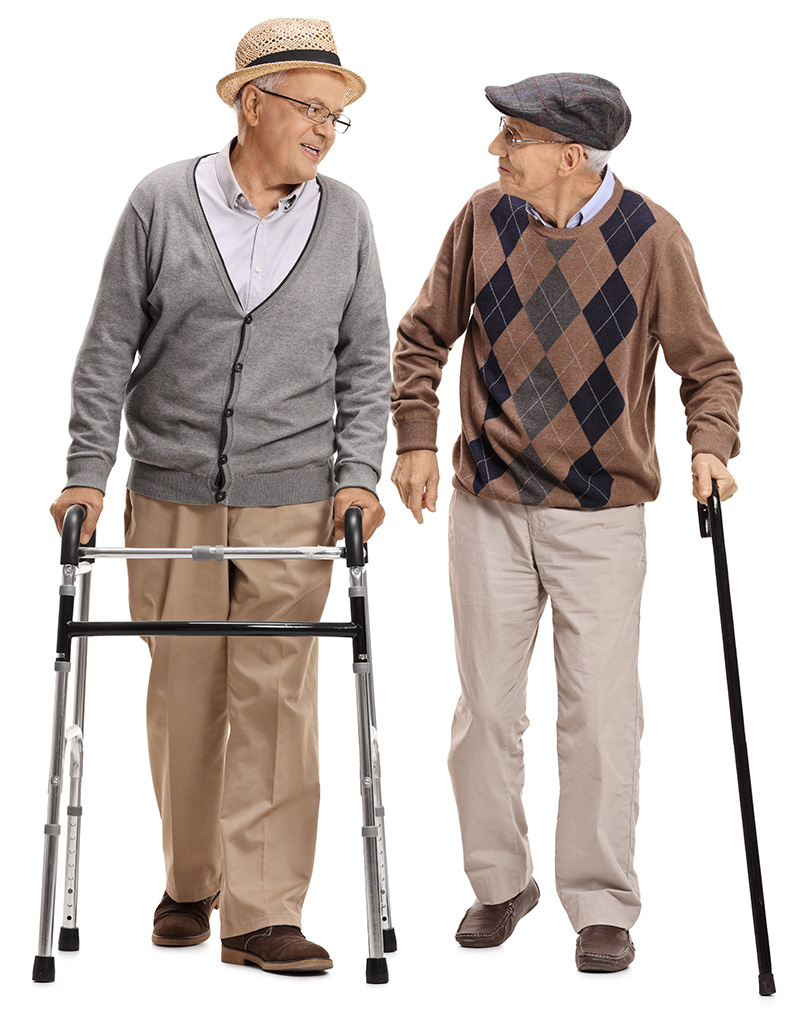As the average age of entry for licensed assisted living is 85 years of age, senior living providers are very focused on keeping their residents as independent for as long as possible. As a provider of contract physical, occupational and speech therapy in Assisted Living and Continuing Care Retirement Communities (CCRCs), our goal is to proactively address functional and cognitive decline so that residents can maintain their highest level of ability. From what we see on a daily basis, and reviewing ER admissions and national reports, most functional declines in active adults happen because of five primary reasons:
Lack of muscle building exercise
- Environmental factors
- Chronic illness
- New injury or illness
- Medications
Functional decline means that a person shows a decreased ability to do daily tasks properly compared to their ability to do these same tasks three months prior. A decline often signifies the presence of an acute onset, a new underlying medical condition or exacerbation of an existing condition.
Falls are the single largest reason of decline among active adults. Falls can happen any due to any of the five primary reasons listed above. Think of a fall as the ultimate loss of balance. There are multiple factors to a fall that present themselves well before a fall takes place. Through QAPI, standardized therapy testing and formalized Fall Risk Management programs, we are able to peel back the layers to determine “root cause” for the fall. A strong Fall Risk Management program is often tailored to treating the root cause factor that caused the fall, rather than all of the risk factors a patient has for falling. Falls are due to intrinsic factors (illness or medications) may not be prevented easily. Falls due to extrinsic factors (environmental factors) can be prevented or significantly reduced with extra precautions and education.
Provision of safety devices such as: grab bars & handles, high friction floors and footwear, as well as even (meaning no shadows to throw off depth perception) high power lighting can prevent or reduce a significant number of environmental falls. Regular exercise focused on core and lower body strength, consistent monitoring of and review of medications and therapeutic interventions for ongoing medical problems can significantly help to reduce the number of falls associated functional decline.
Functional Decline could be physical and/or cognitive in nature. When partnering with senior living providers, we take special care to train all staff including environmental, housekeeping and dietary to identify functional and cognitive decline. This could be anything from “furniture walkers”, increased maintenance calls to someone coughing through a meal in the dining room. There are consistent characteristics for a resident at risk for falling:
- Functional decline include difficulty with ADLs (Activities of Daily Living) such as dressing or undressing safely.
- Lack of balance, any unexplained bruises
- Loss of flexibility
- New pain, taking more medication than usual
- New medication
- Significant weight loss within 30 days
- Speech impairment or inability to follow simple commands
- Signs of anti-social behavior or depression, not participating in life enrichment as usual
- Decreased activity tolerance or coordination, lack of attention
- Decreased stamina or strength.
Everyone working around active adults should be trained and be able to report a decline to the clinical team. Although prevention is best for any decline, recognizing and reporting resident declines in a timely manner helps to manage the decline efficiently. Timely intervention will help the resident maintain or regain functional independence.
Aretoula Nahas is a Physical Therapist Assistant (PTA) and the Director of Outpatient Services for Healthcare Therapy Services, Inc. (HTS). HTS is an independent, therapist-owned contract provider of physical, occupational, speech therapy and wellness for assisted living, skilled nursing facilities and hospitals. HTS currently employs over 1,800 therapists and provides contract rehabilitation to over 100 clients in Indiana, Kentucky, Tennessee, Michigan and Ohio. For more information, contact www.htstherapy.com.

October is National Physical Therapy Month!
National Physical Therapy Month is designed to recognize the impact that physical therapists and physical therapist assistants make in restoring and improving motion in people’s lives. Physical therapy may be necessary for those recovering after an illness, a fall, injury, surgery or chronic condition. Physical therapists work hard to help patients retain and regain their quality of life.
Speak with your doctor to find out how therapy could benefit you!
Resource: APTA, www.apta.org


